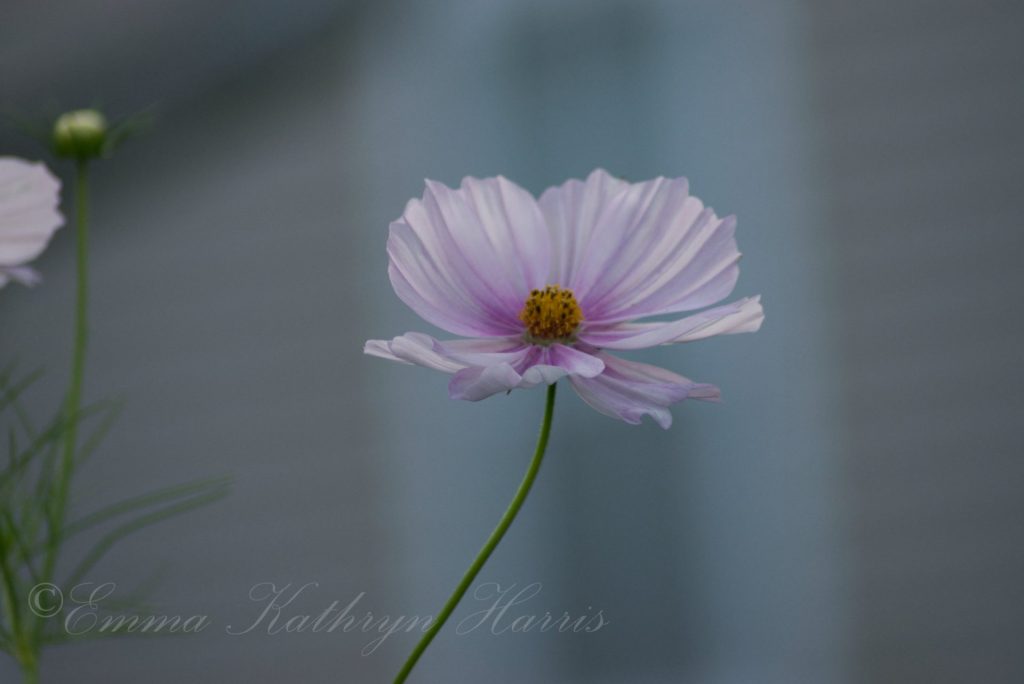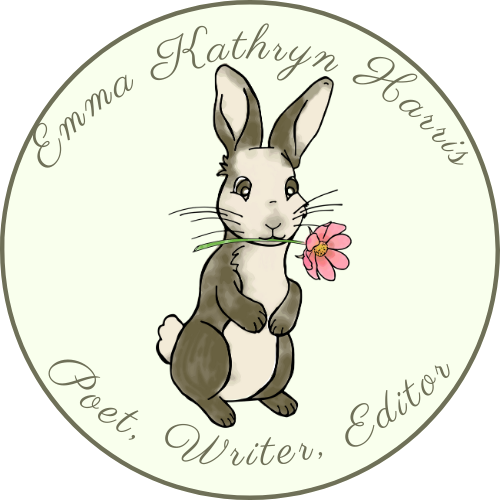The secret of it all is to write…without waiting for a fit time or place.”
Walt Whitman, Poet
The dreaded rejection.
None of us enjoy rejection. We toil over our work, whether it is a novel, a memoir, an essay, or a poem. We edit it meticulously. We proofread and edit it some more. Then we work on the query or proposal.
This is followed by researching a number of publishers, agents and literary magazines. We understand that our work must align with wherever we send it. We study previously published books and articles by that publisher. We know to whom we should direct our email.
We paste our query in the body of the email. We proofread it again. We take a deep breath, then click send. Our nerves are shot. It is the waiting period that is the worst. Weeks pass, maybe months, and finally we see a response in our inbox. We hesitate, but eagerly open it. It’s a rejection. Usually a form message. Rarely feedback from the editor to whom we have sent our work.
We are crushed. But we continue. One by one our file of names is highlighted grey to indicate a rejection and we watch as the entire page turns grey. Not one of the editors or agents have offered useful feedback, only the “not for us” phrase. What does that even mean?
Or maybe your friends and family tell you to focus on reality. Still others read your stuff, other writers you admire, and they give you harsh feedback to the point you wonder: “why bother?”

How rejection and negativity affect our confidence
A continual feed of rejection and negativity no doubt saps our energy — psychologically, mentally, and physically. At first, we might shrug the rejection off as the wrong person, the wrong periodical, the wrong time. Eagerly we send it to the next publication on our list.
But as that file continues to go grey, our motivation is as fluid as a 50-pound dumbbell. At first we might have the energy to lift the heavy weight but eventually it becomes, well, heavy. We might even cry.
When we hear a constant feed of negativity, and give in to its psychological power, our confidence begins to drain until we remain an empty shell.
If we begin to believe that everyone else is right, and give them the power to decide for us whether we deserve to share and publish our work, then we will close our pens and not look back.
When I was in elementary school, I wrote a lot of poems and short stories. I wrote my first poem when I was six years old. Throughout my grade school years, I submitted my poems and stories, won cute awards, and was printed in the school news where they showcased their talented students.
By the time I reached junior high, I was faced with cruelty and teasing over my work to the point I stopped sharing it. Teachers offered criticism because to them, they probably saw something in my talent that needed shaping, but only according to their limited understanding. Parents viewed my poetry as “cute” or “stupid,” but never a long-term goal toward wealth. I would have to get a “real” job, not be a writer.
Writing workshops, which should be a boost for writers’ self-esteem and where we receive encouragement, were sadly not any better. I took a poetry workshop once at a conference and when the instructor, a poet herself, read my poem, she handed it back, shook her head, and told me no one believes what I chose to write about. At the time, I had not yet convinced myself that poetry was about my thoughts, my feelings, and the “color” I observed in the things I wrote about. Instead, I took that “advice” as defeat.
I put my pen away.

If we begin to believe that everyone else is right, and give them the power to decide for us whether we deserve to share and publish our work, then we will close our pens and not look back.
Why we should write despite rejection
Writers have their own reasons to write. We love it. It is who we are. We write a novel and by the time we are done after poring hours, months, even years into it, we are not going to set it aside.
But we also realize rejection is simply part of the process. Rejection is NOT personal. It truly is about putting our work into the right hands of the right person at the right time. Writing is subjective and publishers, agents, and editors have personal tastes that sometimes steer them in a particular direction. Or because they are all about making money, they base the decision on whether or not we can help them reach that goal.
You love your work. But others may not.
Again — you love your work. That is the main reason we continue to write.
How do you feel when you complete, say, a novel? A short story? A poem, long or short? You have edited it, polished it, and still enjoy reading it after the fifteenth edit. Do you feel good about your work? Are you satisfied that you created a work of art?
If so, that is why you write. And no one else can take that from you, unless you let them.
Something else to consider. Just like any art, craft, hobby, or skill, it takes time to hone our abilities. It is rare that a novelist’s debut novel was her first. Sometimes, yes, but rare. Each piece you write helps you learn something — about your writing style, sentence structure, scene placement, editing skills — and the next piece you compose you take with you what you learned from the last one. And you continue to build upon those learnings.
Therefore, what we learn from our writing is the second reason we continue to write. We desire to get better.
As you bravely publish your own work, perhaps your blog, Instagram, or other social media accounts, you build, albeit slowly, your fan base. You get better, as mentioned, you love your work, and others take notice.
We do not always need a large medium, publisher, or media to help us get noticed. And frankly, not everyone who reads articles in magazines and newspapers even pays attention to the author.

What we can do to lift ourselves up in our writing
When rejection and negativity sap our confidence, it can be hard to keep going. Or to pick ourselves up again if we put our pen down. But it is not impossible to rebuild our enthusiasm.
In 2023, I partook in April’s poetry month by writing a poem every day. It had been years that I set aside time to write a poem. Writer’s Digest offered writing prompts each day that I could either follow, or simply take an idea from that prompt to write what came to me. The point was, and is during poetry month, to focus on and write poetry.
By the end of the month, I had over 50 poems. Not all, admittedly, Pulitzer Prize winning pieces. But I had a number of poems that I realized had turned out pretty well, especially with further editing. I had, ultimately, an entire book’s worth of poetry (coming soon!).
The result was not the number, but the reminder that I loved the art and it was still burning inside me. It simply needed more fuel to inflame what never truly died. I continued to write poems, almost daily, and I have penned nearly 200 poems since, including my long poem currently undergoing extensive editing.
Focus on what you can control. You control your own writing, not the decisions by agents and publishers. Keep writing with the confidence you will eventually find a home for it. In the interim, you sharpen your writing and editing skills. It is not a waste of your time.
Publish where you have control. Do you have a blog? A newsletter? Social media? Share what writing you are willing to share and encourage comments. It is a nice feeling to see your work somewhere that others can see it as well. Even your social media can become a fun place to sharpen your editing skills because you have to write short. You can create a series of writing and share bits and pieces along the way in Instagram or Facebook or TikTok or wherever you have the most fun.
Take breaks. Walk in the park. Spend time with family. Read. Watch a funny movie. You will find that these mental breaks from writing at your desk every day for hours will contribute to better creativity. Your mind needs to rest to be its most productive later. And when you remove your focus from the actual writing task, other things you experience and observe will end up sparking new ideas.
Connect with other writers to talk shop. We get it — the toil, the heartache — but some also have great ideas about writing that we might not have considered. Find a group that will be encouraging to one another, preferably writers who are in the same field as you, whether beginners or further along. If you are a beginner, mingling with New York Times bestselling authors could be detrimental to your goals. It is nice to hear about their accomplishments, but it could create a feeling of unworthiness. So, don’t.
Be wary of criticism. Develop a strong backbone because people will speak their mind. Ask for feedback when you are ready, but never in your early draft mode. Listen only to what works for you and let everything else slide off your back. Share with your fellow writers and critique partners who write what you write. Never share with friends or family — they are not writers.

Take a breath
Remember that you are primarily writing for you. You edit for everyone else. But for now, write what you enjoy, what you want to write about, and for you as your ideal reader.
Enjoy the journey. Refuse to get sidetracked by the challenges that hit you from all angles. Like anything we wish to pursue, there will always be people who simply are jealous that we are so talented and love what we do despite the sweat and tears.
But there are others, like publishers and editors, who know the business, fall in love with your work, and happily write you checks.



